
In the meantime, auto exports hit a record high. In 2012, China's automobile exports totaled 1,056,100, an increase of 29.7 percent. Among it, passenger car exports reached 661,200, a year-on-year increase of 38.9 percent; and commercial vehicle exports was 394,900, a year-on-year growth of 16.8 percent.
Dongfeng Nissan Executive Vice President Ren Yong told reporters, affected by the Diaoyu Island incident, in September last year, Dongfeng Nissan daily sales declined sharply from 3,000 to 800 cars, and throughout the year only 773,000 cars were sold. The decline in sales of Japanese companies has brought a series of chain reactions.
First, Japanese brands take approximately 500,000 cars of market share, and has significantly eased the enormous pressure on the stock of the passenger car since last year.
Secondly, benefiting from the substitution effect, joint venture brands such as Volkswagen, General Motors, Hyundai Kia achieved high growth.
Third, consumers changed their choice of purchase, and saved domestic brand cars which were in negative growth in the first three quarters. In the first three quarters, with the exception of a small number of companies such as Great Wall Motor, the domestic brands sales had negative growth. However, since September, domestic brands sales rose significantly. Among them, the terminal sales of Shanghai Automotive Industry Corporation reached 22,494 units in October last year, a year-on-year growth of 99.9 percent, with annual sales of more than 200,000 units, an increase of 23.46 percent.
Even so, the domestic brand passenger car's market share continues to decline. In 2012, the domestic brand passenger car market share fell 0.3 percentage points, among which domestic brand sedans' market share fell 0.7 percentage points. The domestic brand vehicle enterprises still have a long way to go.

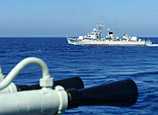


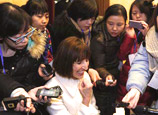
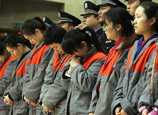
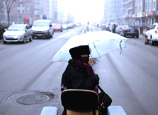


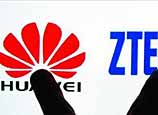
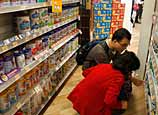






 High-profile divorce saga ends
High-profile divorce saga ends


![]()
